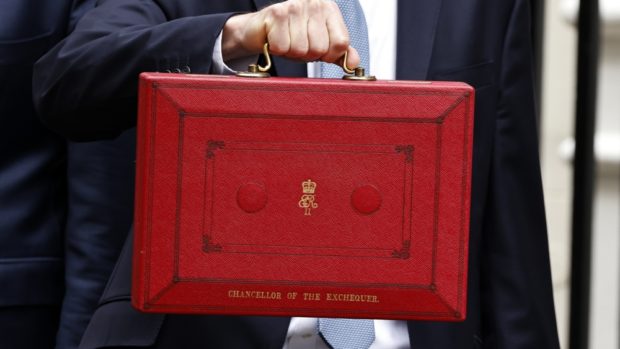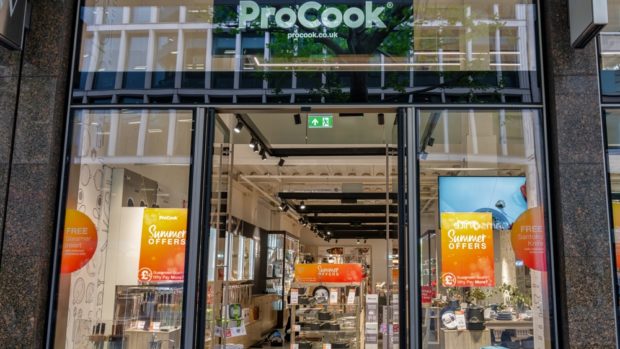Demand has been such at the UK’s supermarket chains that most are recruiting significant numbers of additional staff for their stores and distribution centres. Somewhat sadly the recruitment drive has also had to be extended to the hiring of additional security staff as the supermarket branches have been swamped with unruly groups of panic buyers who will seemingly stop at nothing, including pushing less able people out of the way, to snatch products from the shelves. Where restrictions have been placed on the number of units of certain products which any one consumer is able to buy, families have been loading a trolley for each member of their party and taking far more than their fair share. It is being suggested that trolleys should be locked away for all but the most frail customers and all others should be restricted to a basket but now with the new controls on consumer movements coming into practice, it is to be hoped that retailers can get things back under control.
Most chains introduced dedicated opening times for the elderly and more vulnerable members of society as well as for key workers to try to combat some of the issues, but many have not been adequately thought through and possibly been made by head office staff who have no real idea of what it has been like in their stores. What point is there, for example, in having a dedicated time allocated for elderly customers who will have made a special journey, often having to use public transport, to find that the stores have already been opened to the rest of the population for several hours and that there is nothing left on the shelves? When it comes to allocating dedicated times for the key workers, where are the ID checks? And why are they being allowed in with their extended families in tow, denying those who are finishing long shifts and hoping to buy some food on the way home the opportunity of finding anything left to buy.
The wholesale grocers who find themselves fully stocked with close to zero demand from their usual catering trade customers are now attempting to sell direct to consumers with some literally selling from the back of their trucks. Local independent retailers are finding themselves busy meeting a demand which many thought had been lost forever and will hopefully continue once the pandemic has been brought under control. These enterprising retailers, often family owned, are also making deliveries to vulnerable customers who have had no chance of securing a delivery slot from the major supermarkets.
The question now is, with the new restrictions in place, is how all retailers of essential goods – whether foods or medicines – will cope going forward. There are talks about the government using the armed forces to get deliveries of the bare essentials out to self-isolating and sick customers. There are also moves by many local voluntary groups to recruit additional helpers to provide a safe support service for vulnerable local people who need medicines collecting and dropping off – and food.
It is a time in which the government has quite rightly begun to exercise greater controls, in which retailers can show their strengths, and for people to consider others less able to fend for themselves.








Share